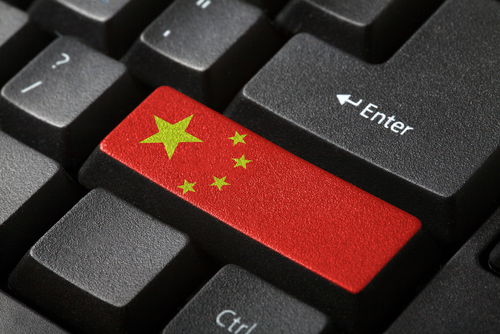UK Huawei Ban: Trump Claims Credit, As Chinese Media Threatens ‘Pain’

More reaction to the decision this week by the United Kingdom to ban Huawei from supplying equipment for British 5G networks
Reaction to the United Kingdom’s decision to ban the use of Huawei equipment in 5G networks has continued on Wednesday.
On Tuesday Prime Minister Boris Johnson ordered Huawei equipment to be purged completely from Britain’s 5G networks by 2027.
That decision has prompted comments from US President Donald Trump, and calls for a “public and painful” retaliation by Chinese state-controlled media outlets.
![]()
Donald Trump
President Trump told reporters that he was responsible for Prime Minister Boris Johnson’s decision to ban Huawei from Britain’s 5G network from the end of 2027.
China seized on the remark, saying it proved London’s move was about politics rather than security.
“We convinced many countries, many countries – I did this myself for the most part – not to use Huawei, because we think it’s an unsafe security risk, it’s a big security risk,” Trump told reporters at a news conference in the White House Rose Garden.
“I talked many countries out of using it: if they want to do business with us, they can’t use it. Just today, I believe that UK announced that they’re not going to be using it,” he added.
However for some observers, Trump’s claim that he was responsible for the UK’s decision does contain a kernel of truth.
This is because it was the Trump administration decision in May to tightened its export regulations for Huawei to cut off the firm’s access to semiconductor manufacturers outside the country that uses US-made software or equipment.
Huawei had been barred from purchasing technology directly from US companies since May 2019, but the US Commerce Department said the Chinese firm had it had continued to build chips by “commissioning their production in overseas foundries using US equipment”.
The United States closed this loophole in May this year, and this was a key reason why GCHQ’s National Cyber Security Centre (NCSC) last week deemed the risks of using Huawei equipment could no longer be safely managed due to the new export controls imposed by the United States
The NCSC said that the sanctions would force Huawei to use untrusted technology that could make the risk impossible to control, and the sanctions would have a “severe” impact on Huawei.
Chinese reaction
But the Chinese are convinced that the decision was political, and not based on security worries.
“This once again demonstrates that the relevant bans on Huawei are completely unrelated to national security, rather this is highly politicised manipulation,” Chinese foreign ministry spokeswoman Hua Chunying was quoted by Reuters as saying in Beijing.
“This once again allows everyone to see clearly the one who is issuing threats here, there and everywhere is perhaps not China but the US,” she reportedly said.
But the Chinese state-controlled media were more forthright, with the state-run Global Times reported saying in an editorial that China could not “remain passive”.
“It is necessary for China to retaliate against the UK, otherwise would we not be seen as easy to bully,” the article was quoted as saying by the Guardian newspaper. “Such retaliation should be public and painful for the UK.”
“It is not necessary to turn this into a China-UK confrontation,” the Global Times editorial reportedly added. “The UK is not the US, nor Australia, nor Canada. It is a relative ‘weak link’ in the Five Eyes. In the long run the UK has no reason to turn against China, with the Hong Kong issue fading out.”
The UK however has slammed the Chinese government for implementing tough security laws in the territory, saying it violates its Joint Declaration agreement between the two countries.
Indeed, such is the concern that the British government recently announced that Hong Kong citizens with a British overseas passport would now be eligible for a route to full British citizenship.
And many other countries, besides the UK and United States, have widely condemned the law which they say violates the “one country, two systems” framework agreed when the UK handed back the territory to China in 1997.